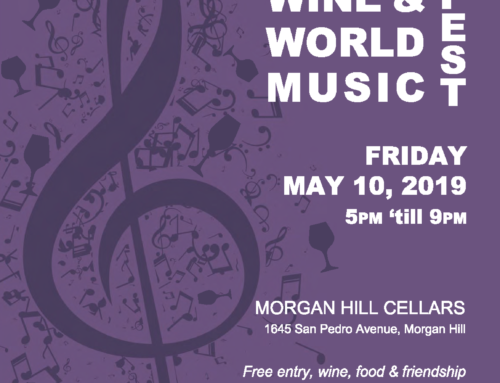Published in the January 20 – February 2, 2016 issue of Morgan Hill Life
By Tracee Gluhaich
Often, people have questions about snacking and in the past I would answer, “Eat five small meals a day, with protein at each.” Two of those meals are pretty much like snacks.
Well, my thoughts have changed in the last couple months due to some nutritional research I have been doing, and it has rocked my world.
Let’s start at the beginning: Why do you snack? Some answers I hear are bored, tired, hungry, sad, stressed, out of habit and because my kids/coworker/spouse were eating. This is quite a list and many of these reasons may be better served with a different choice.
Before opening that refrigerator or reaching for that snack, ask yourself if you are really hungry, or if something else is going on. Some call this self analysis a “check up from the neck up.” The best reason to snack is because you feel a bit light headed or your stomach is growling and everyone in the room can hear it. These are signs of true hunger. All the other reasons are indicators that something else is going on and food is not going to remedy it for the long run. So how are you really feeling?
• Bored? Find something else to do besides eating, an activity that will benefit you. Some good ideas might be to call a friend, read, listen to a podcast or clean a drawer.
• Tired? Take a short nap or walk around the block
• Sad? Journal about it, process the emotions and let your self feel the feeling. When you stuff it away, it will rear it’s ugly head later.
• Stressed? When you eat a snack because you are stressed, does it make the stress go away. No, and now you have more stress due to those extra calories and the guilt that accompanies it.
• Hungry? Eat a healthy snack.There are many evolving opinions on what is “healthy” to eat as snack. I prefer eating foods with one ingredient, whole foods that do not spike your blood sugar. Some favorites include hardboiled eggs, cheese, Greek yogurt, nuts, green smoothies and chocolate chia pudding. These foods tend to be higher in protein and fat. They satisfy hunger and keep you full for a longer period of time.
When you eat foods higher in carbohydrates, that spike your blood sugar, a couple hours later you crash down and become hungry before the next meal. Hence, the need for a snack. However, when you eliminate the insulin spikes by eating more fat and proteins, you are satisfied longer and usually are not hungry until the next meal.
Do a breakfast experiment, where for several days you eat different types of food for breakfast and record how many hours later you feel hungry. Here are some ideas: eggs and bacon, cold cereal, oatmeal, muffin and coffee, fresh fruit, green protein smoothie or toast and orange juice.
It will be fun to find out how your body feels with these different foods and see which allows you to avoid snacking.
Tracee Gluhaich is a local health coach and personal trainer. Check out her website at www.highenergygirl.com. She wrote this for Morgan Hill Life.







